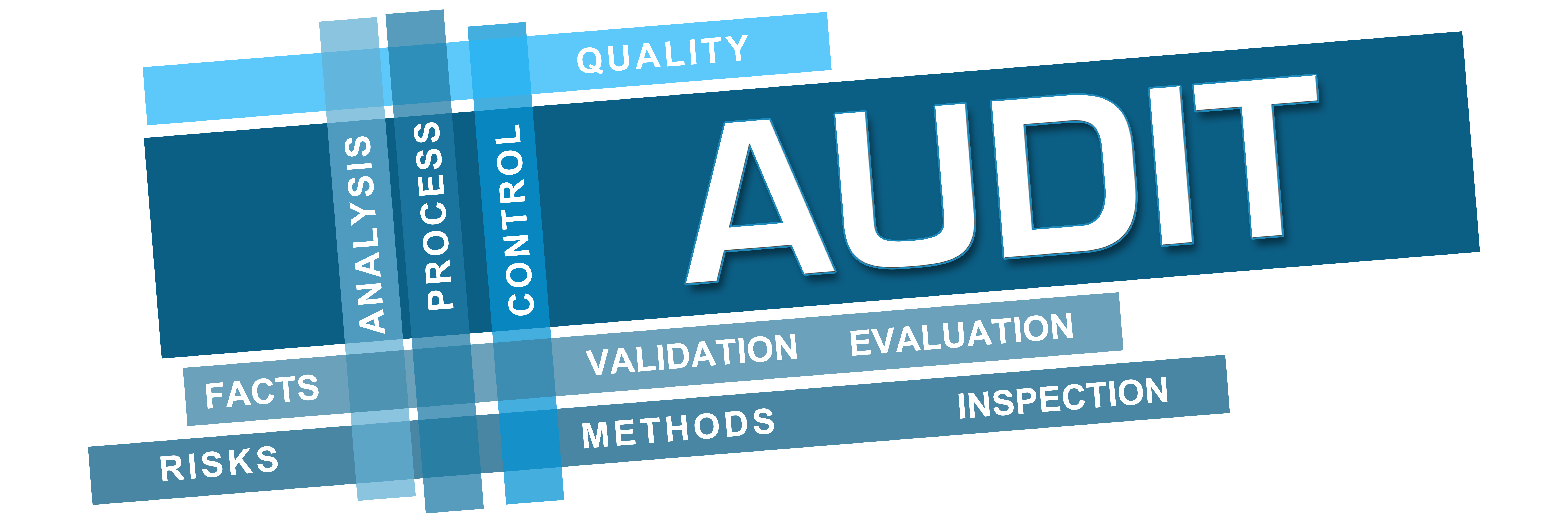
This economic catastrophe is giving auditors lots to think about during audits. Reviews and comps are also affected.
Going concern will be a major issue on all engagements for a long time to come.
Goodwill impairment will be more important and more difficult.
Finally, consider that the rules for PPP eligibility are being rewritten after the first round of loans have already been approved by SBA and funded.
Going concern
4/23/20 – Bloomberg tax – Dave & Buster’s “Going Concern” Warning Signals Wave to Come – Management issued a going concern warning. For nonaccountants this means the company concluded “there was a substantial risk that the entertainment company would not survive the next 12 months.”
Article reports many companies are doing a much more in-depth analysis of the going concern assessment.
Article says this will especially be more significant in the restaurant, travel, hospitality, and entertainment sectors. No kidding. Revenue disappearing, major travel restrictions, and in general customers staying home will do that industry that require people going out and moving around.
Article says Dave & Buster’s has 137 closed stores. Efforts to manage the crisis include furloughing 14,000 employees, cutting capital spending by 70%, asking landlords to lower or defer rent, and asking vendors to postpone payment.
4/23/20 – Wall Street Journal – J. C. Penney in Advanced Toxic for Bankruptcy Financing – Talks underway between the giant retailer and three specific big banks to line up debtor-in-possession loans. Such loans are used to help a company maintain financing as it enters bankruptcy and then works through the process. The giveaway when you hear the debtor-in-possession term is the company is about ready to file bankruptcy. Lenders in the situation have priority over all of the creditors during the bankruptcy process. Without that priority known whatever land to accompany intending to file for bankruptcy.
This is triggered when the retailer missed interest payments on April 15. That means the bondholders can call the loans or push the company into involuntary bankruptcy.
Neiman Marcus is expected to file for bankruptcy any day now. Other companies in trouble are Sears (operating in bankruptcy since 2018 with ongoing store closing), Macy’s (closing 125 stores within three years), and Kohl’s.
Goodwill impairment
4/23/20 – Wall Street Journal – Coronavirus Poses Hurdle for Goodwill Impairment Tests
As an example, Baker Hughes, an oil field service company, announced a $15 billion impairment charge at the same time it said it would cut capital spending by 20% and lay off a lot of workers. Yeah, a fifteen billion writedown.
Note for CPA auditors – sorta’ looks like there might be a whole bunch of possible triggering events out there.
Contingent liability based on PPP regulations changing at some point in the future
Another thing for auditors to keep on mind. – – It is looking like there will be retrospective assessment by the SBA whether a company should have applied for a PPP loan. There is a stated threat of exposure to False Claim Act charge.
Since I drafted this discussion, additional changes have been announced. The Treasury Secretary announced the SBA will conduct an audit of all loans over $2M to make sure they were ‘necessary.’ With the political turmoil driven by the senators and congressional representatives who voted for the program and the media, you can rest assured the definition of ‘necessary’ will be determined retrospectively after looking at each organization’s financial statements in the second or third quarter.
So as you look at whether the PPP loan is forgiven or an outstanding loan due in two years, consider the likelihood it is due immediately and might even be an illegal act.
Companies who have already announced they are returning the loan include:
- $77M – AutoNation Inc
- $20M – Ruth’s Chris Steak House
- $10M – Shake Shack,
- $10M – Potbelly Sandwich Shop
- $4.6M – Los Angeles Lakers
- $4.4M – OptiNose
I’ll make an easy guess that all of those companies complied with the rules in place at the start of the PPP program.
Keep in mind the attribution rules are a bit fuzzy. Also keep in mind that although there is a 500 employee limit, restaurants are allowed to apply that limit to each location. Finally, need for the money is self-certified with no more criteria in place than the company believes it is needed.
The rules are being rewritten retroactively.
Beware.
Articles for more info:
- 4/27/20 – Wall Street Journal – Los Angeles Lakers Received and Returned Their Coronavirus Loan
- 4/25/20 – CNBC – Congress approved $370 billion more in small business loans, but the money could run out in days – again.
- 4/28/20 – CNBC – Small business loans above $2 million will get full audit to make sure they’re valid, Mnuchin says